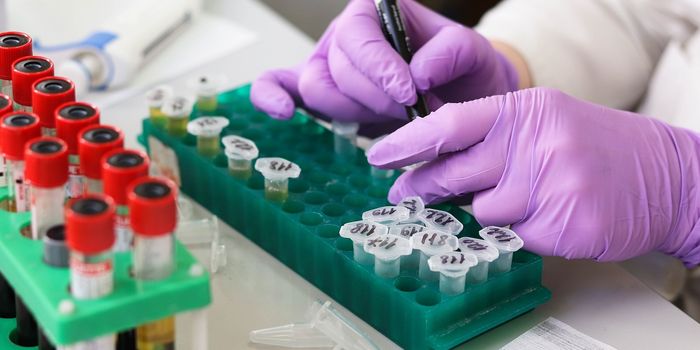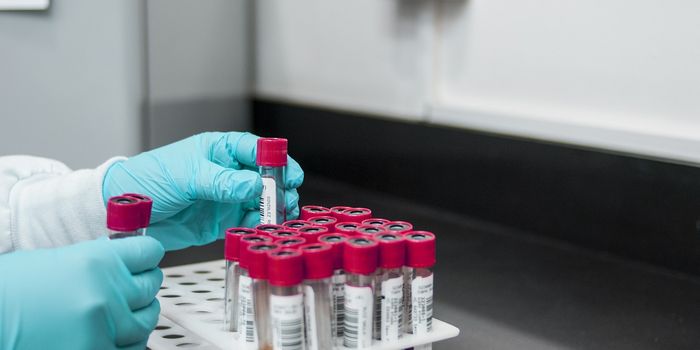EU Weighs Options for Massive Cancer Research Mission
The European Union (EU) is considering whether and how to launch a moon shot cancer research mission -- a massive commitment and investment in curing cancer. The effort is led by EU Research Commissioner Carlos Moedas, who said in April 2019, “Cancer has evolved and we need new tactics to match it. We need the scale and the critical mass at the EU level, to give it our best shot.” Not surprisingly, how to go about building such an endeavor and where to direct resources are sources of much debate within the union.
As more people live longer, cancer is also on the rise. According to the International Agency for Research on Cancer, the number of new incidences of cancer per year will reach more than 22 million by 2030. Cancer is a serious issue in the EU, which holds less than 10 percent of the world’s population but more than 25 percent of cancer cases, according to Science Business.
One of the key theories behind the proposed research mission is increased connectivity between EU governments and the myriad professionals whose work relates to cancer. Moedas is calling for bridges to be built between researchers, various academic disciplines, drug companies and government agencies.
“Focusing on oncologists is no longer enough for cancer treatment. We need oncologists, nutritionists, economists and the patients themselves. We should leverage the European networks we have already on cancer,” he said. An association of seven European cancer centers called Cancer Core Europe wants to be the “engine” of the new mission.
This undertaking would fall within the EU’s “Horizon Europe” research program, which will run from 2021 to 2027. Other goals being considered within this plan include cutting back on plastic pollution and building quantum computers. Horizon Europe has a proposed budget of 94.1 billion euros (~ $105.51 billion), but Christian Ehler, one of the lead authors of the new undertaking, said more money is needed. At this level, he said, “You don’t see missions. At 125 billion euros, you can see missions, at 160 billion euros you can start to fight Alzheimer’s.”
Whether to target specific cancers and, if so, which ones, is also a point of contention.
Source: Science Business










